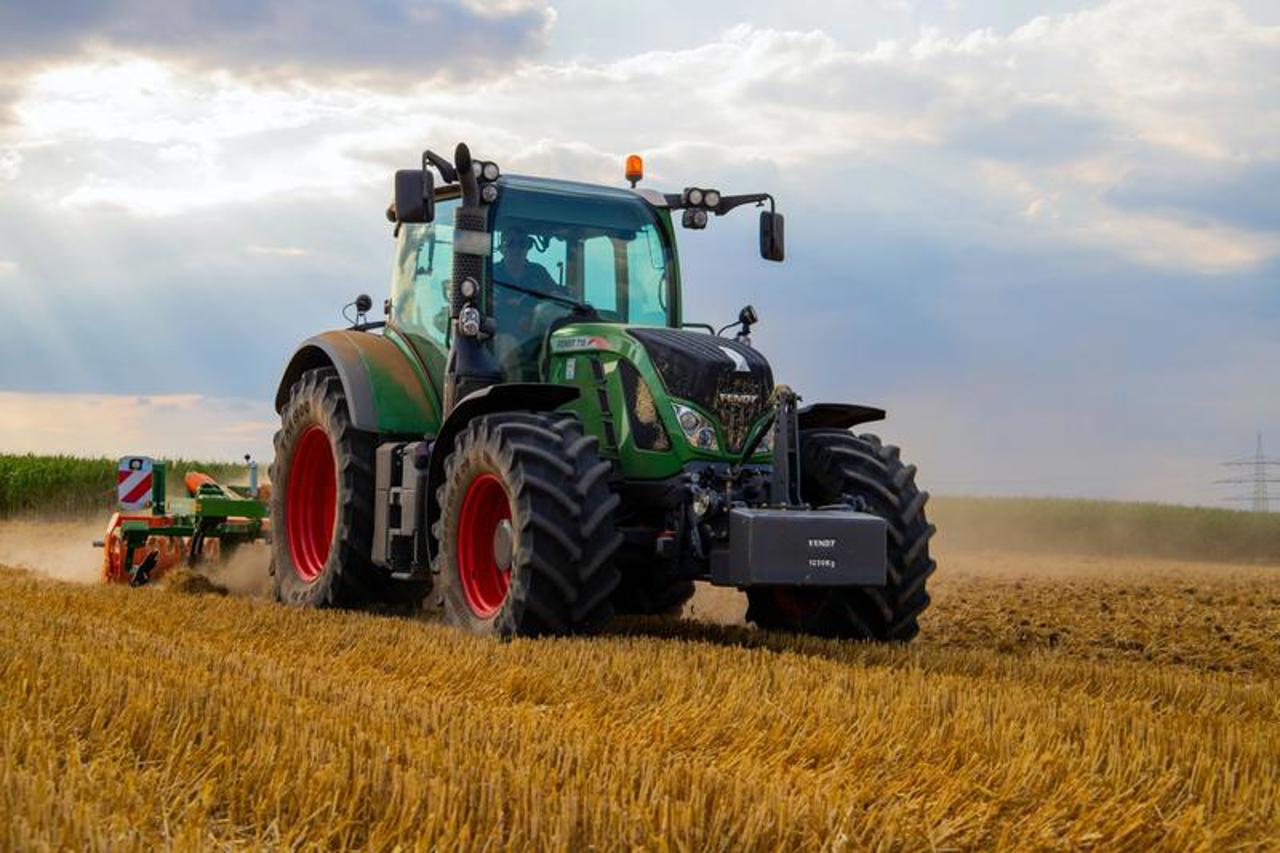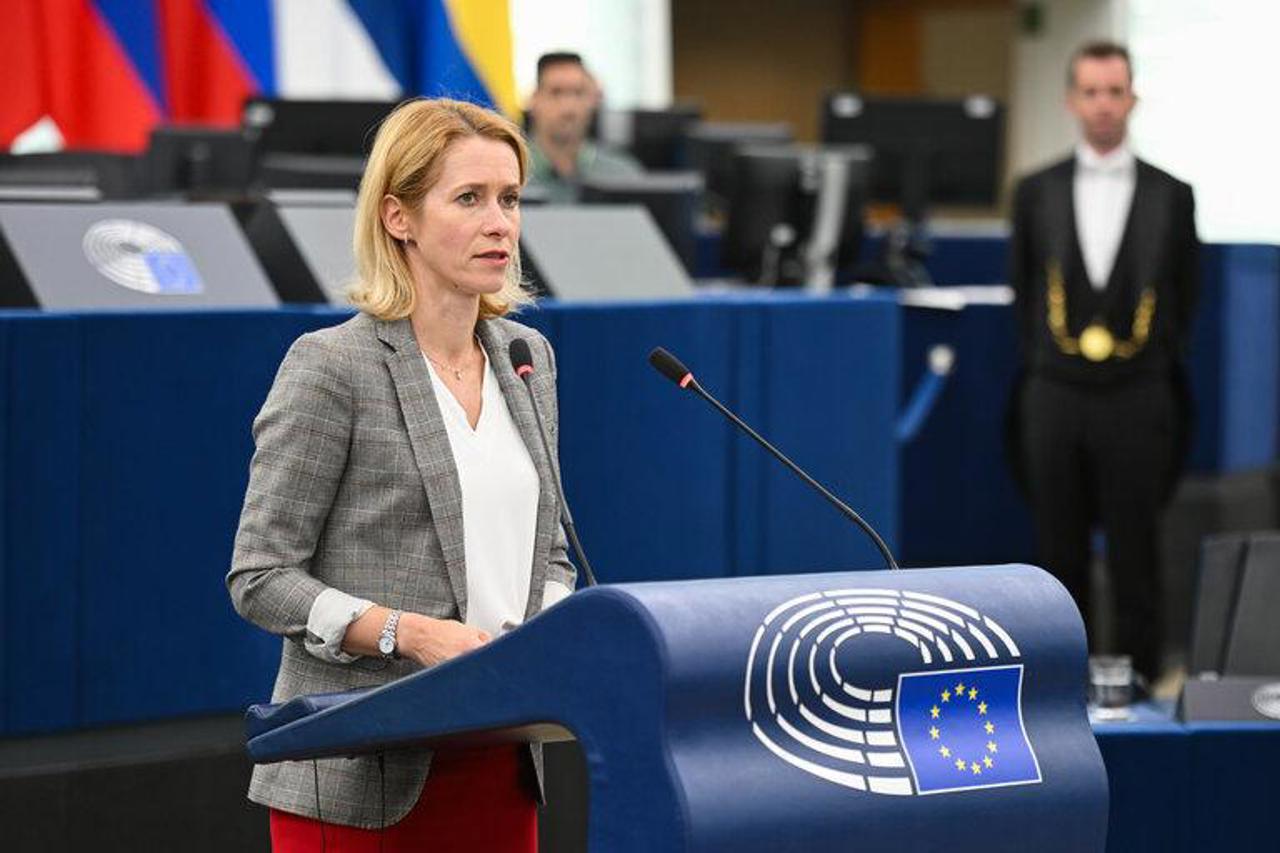Commission proposes to allow EU farmers to derogate for one year from certain agricultural rules
Today, the European Commission proposes to allow EU farmers to avail of derogations for the year 2024 from Common Agricultural Policy rules obliging them to keep certain areas non-productive. The Commission's proposal, sent today to Member States who will vote on it in a committee meeting, provides a first concrete policy response to address farmers' income concerns. It also follows requests outlined by several Member States in Agriculture Council meetings, reads a press release of the European Commission.

To receive the CAP support they are entitled to, farmers must respect an enhanced set of nine standards beneficial to the environment and climate. This principle of conditionality applies to close to 90% of the utilised agricultural area in the EU and plays an important role in mainstreaming sustainable farming practices. This set of basic standards is referred to as GAECs, meaning “good agricultural and environmental conditions”.
The GAEC 8 standard requires, among other things, devoting a minimum share of arable land to non-productive areas or features. The latter typically refers to land lying fallow but also features such as hedges or trees. Farms with fewer than ten hectares of arable land are typically exempted from this obligation. Today, the Commission provides the possibility for all EU farmers to be exempted from this requirement and still be eligible for their CAP basic direct payment.
Instead of keeping the land fallow or unproductive on 4 % of their arable land, EU farmers growing nitrogen fixing crops (such as lentils, peas, or favas) and/or catch crops on 7% of their arable land will be considered as meeting the requirement. Catch crops are plants that grow between two main crops. These crops can serve as fodder for animals, or as green manure. The use of nitrogen-fixing crops and catch crops brings a range of environmental benefits for soil health, including for soil biodiversity and for limiting nutrient leaching. The crops are to be grown without plant protection products to maintain the environmental ambition of the CAP.
The Commission proposal is carefully calibrated to provide the right balance between offering appropriate relief to farmers facing numerous crises on the one hand, and protecting biodiversity and soil quality on the other hand.



